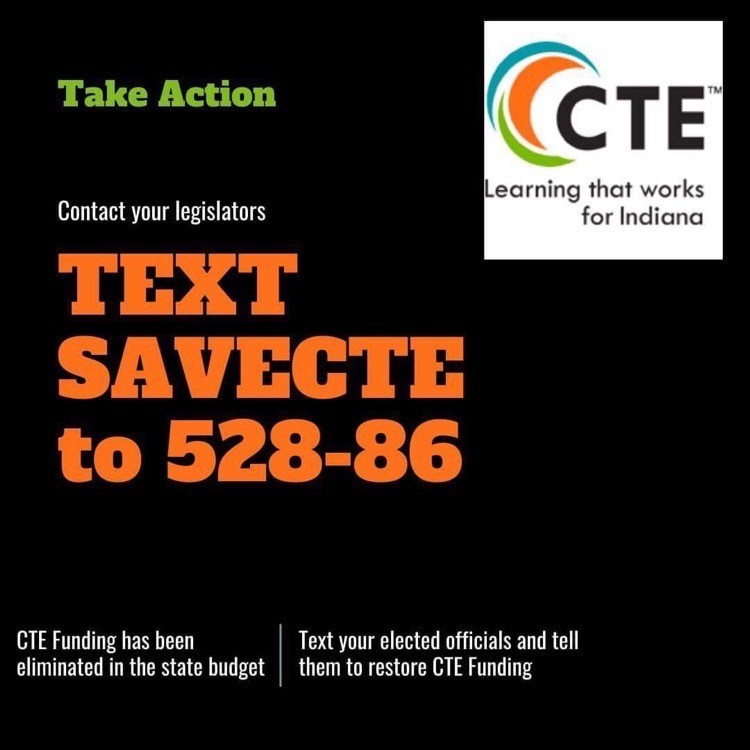CTE is a gem that should not be shelved

Career & Technology Education (CTE) in Indiana doesn’t deserve what may have happened to it in the state budget. CTE leaders thought it was just an inadvertent oversight that its funding mechanism was left out of the budget while changes were moving quickly and HB1002, the bill that would create Career Scholarship Accounts, another form of voucher, looked to be dead. As of Wednesday, April 26, the day the final budget was released, it seemed to be an intentional act.
Before I retired, I consulted with many public schools across the state. One of my favorite tasks was writing and producing print materials for my favorite Career and Technology Education (CTE) center. The materials would help parents and students make decisions about whether CTE was right for them, and if so, which career track would be a good fit. The printed materials grew bigger each year as the CTE center added more career tracks.
I particularly enjoyed talking to students and recent graduates about what they learned and where they were headed. I also enjoyed talking to potential employers about the quality of students who interned with them, and in many cases, came to work for them after graduation.
Some of what I learned surprised me:
- I was surprised to discover how many students were emancipated. For whatever reason, they no longer lived with their parents. For these students, getting the training to earn money right out of high school was a necessity.
- Conversely, I was surprised to learn how many CTE students enrolled in some form of post-secondary education. It could be a four-year college, a two-year degree program or some specialized training. I will never again assume that a CTE student isn’t going to college.
- I was surprised to learn that welding graduates would make more right out of high school than I did after college, and that they would get flown around the country for job interviews.
- I was happily surprised to see that some CTE students who started with one of the easier tracks gained the confidence to decide that they could aim higher. Not everyone thrives in a traditional high school; some learn better in a hands-on training environment.
- Before I began working with this CTE center, I didn’t realize there were programs designed to help special education students prepare for meaningful employment.
I was amazed by students’ creativity about their career paths. One young woman wanted to be a doctor, but knew she could never afford the tuition. She enrolled in the CTE truck-driving program, (it was a high demand, high-income industry at the time) so she could save her money for a couple of years, and then set her sights on medicine. I wouldn’t have thought of that when I was 18 years old.
I had the opportunity to work with student website designers and produce several videos using students from the television program. They were well trained, polite, and experienced with current technology. The video students not only outperformed some professional production companies I’ve worked with, they earned a regional student Emmy Award for one of the projects we collaborated on.
Like many CTE programs this particular CTE center has students build a house every year.
When I interviewed employers, many of them in the automobile repair or HVAC industries, they all spoke highly of their CTE interns and employees. They appreciated the CTE students’ abilities, but they also raved about the CTE students’ work ethics. They were polite, showed up on time, and worked well with others. That is exactly what CTE programs should strive for, and they are skills employers value.
CTE centers across the state vary in size and career paths, but please know that Career and Technology programs are alive and well in Indiana.
It is disingenuous to think that one new Career Scholarship Account without any experience or structure and with only one potential employer can come anywhere near to what CTE already accomplishes in Indiana.
